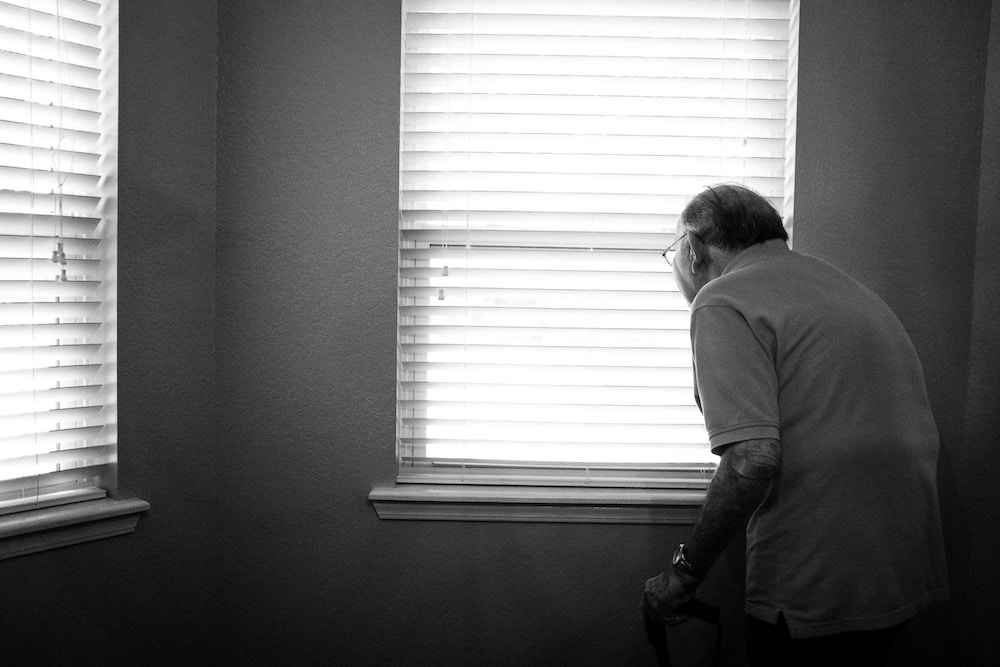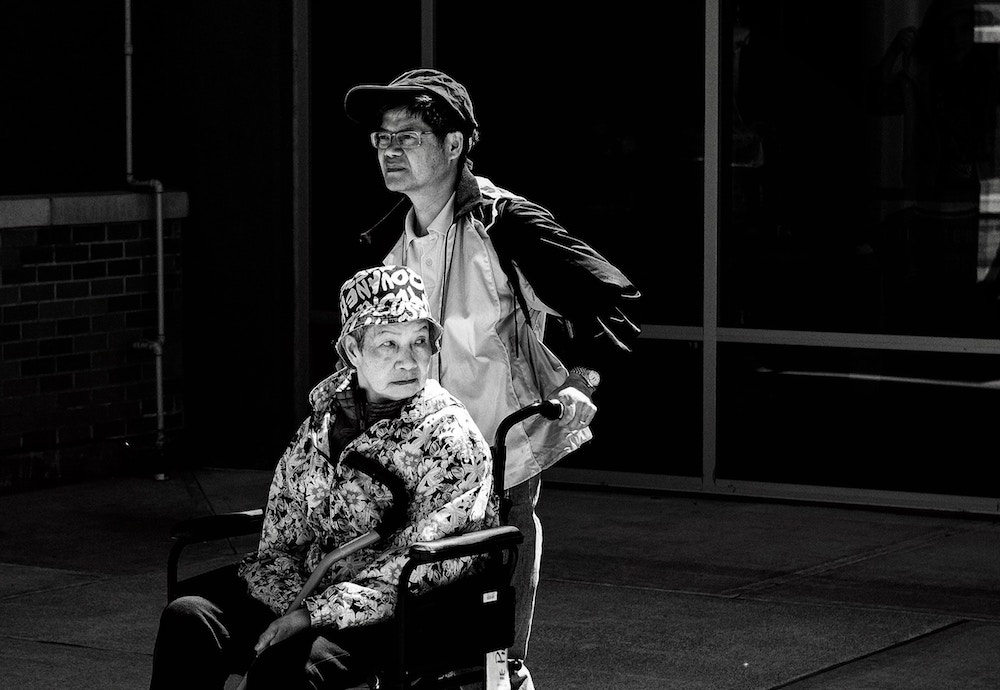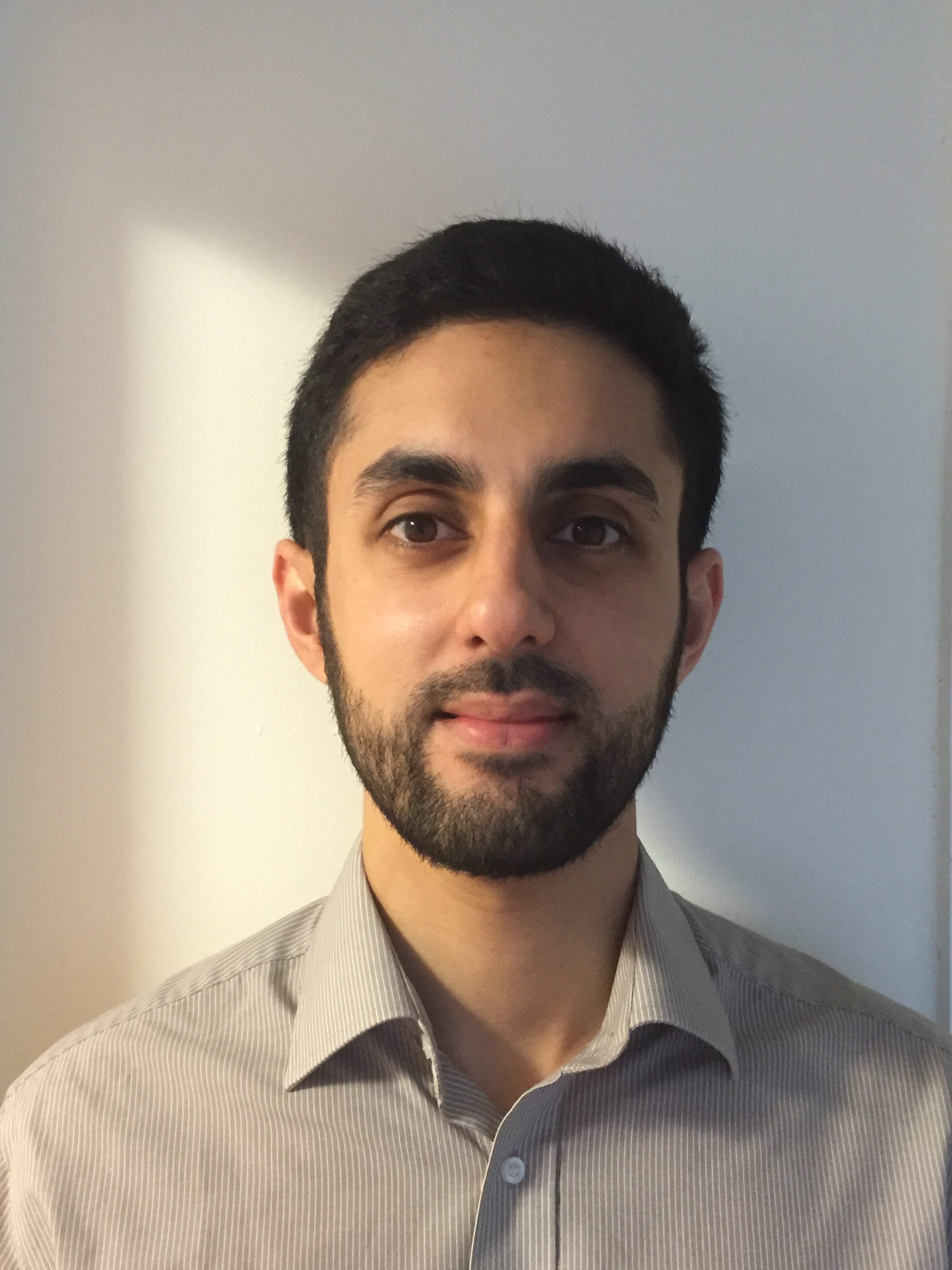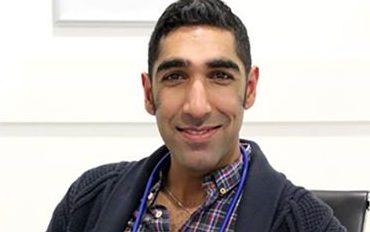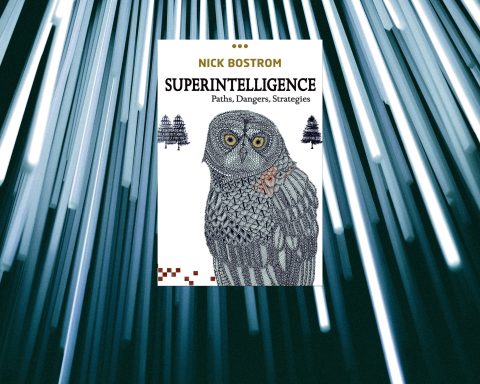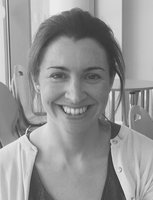
Following a few years of basking in the ‘delicious ambiguity’ of general practice we returned to the hospital wards to try to fully understand patient care pathways. Any doctor studying for membership exams will describe how the second learning cycle is so much more meaningful when digested with a wealth of clinical experience – the same is true of returning to secondary care having worked in primary care. We were stepping from a land of hypothesis into a land of diagnosis, from a world where uncertainty is used as a tool to a world where much is done to eliminate ambiguity.
The aspiration was to create a service for frail older patients. The pilot funding had been secured and we had a year in which to create a service of value. Would there be a role for GPs to work alongside gerontologists to create a Frailty Unit for these patients, focussing on key generalist principles – a holistic Comprehensive Geriatric Assessment, avoidance of over-medicalisation and aligning primary care, community services, social services and voluntary sector to facilitate this pathway?
We needed to learn another language – ‘management’ in order to communicate our understanding and to understand the ideas, concerns and expectations of managers.
The challenges that presented themselves were not clinical, in fact the familiarity of vague symptoms sets and unusual health beliefs in patients provided an anchor in a strange land. The challenges were operational, practical and political. We needed to learn another language – ‘management’ in order to communicate our understanding and to understand the ideas, concerns and expectations of managers. In working with healthcare managers, we had to develop a new version of a shared management plan and understand each other’s agendas to improve concordance and collaboration. This was a GP consultation on a larger scale, held in an unfamiliar language, with different cultural backgrounds and with intrusive time constraint
In order to design a service for frail older patients you need to ask some fairly controversial and challenging questions of all providers, including familiar questions such as:
- When is discharge safe?
- When is it safe to stop a medication?
- What if I miss something by not investigating?
However, some of the most useful questions include those not routinely asked such as:
- When is admission safe?
- When is it safe to start a medication?
- What am I hoping to achieve in investigating?
Pressures, processes and clinician behaviour often means these questions do not have time to be asked, let alone answered. And can you ask these questions unless you fully understand the alternatives? GPs have all trained in secondary care however not all secondary care clinicians have had the opportunity to spend time in primary care – it is challenging to place trust in a system that you don’t fully understand, especially if your perception has been altered by examples of when that system has not worked well for your patients.
GPs will always be scholars – they are puzzle solvers, they delight in ambiguity and they will always seek to liberate themselves from conventions and assumptions.
Over the course of a few blogs we would like to take you on this journey with us, to share our experiences, to explain the organic evolution of our service principles and structure, to reaffirm the notion that clinician-led service design and development can work, to celebrate in our successes and ask for your guidance with our challenges. GPs will always be scholars – they are puzzle solvers, they delight in ambiguity and they will always seek to liberate themselves from conventions and assumptions. These skills are not confined to clinical medicine.
Featured photo: Alex Boyd

